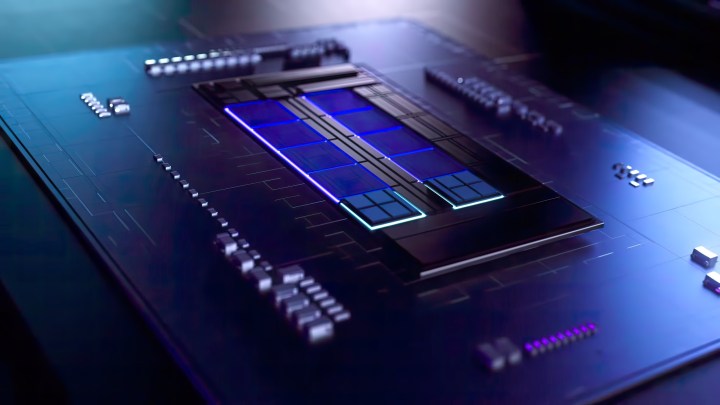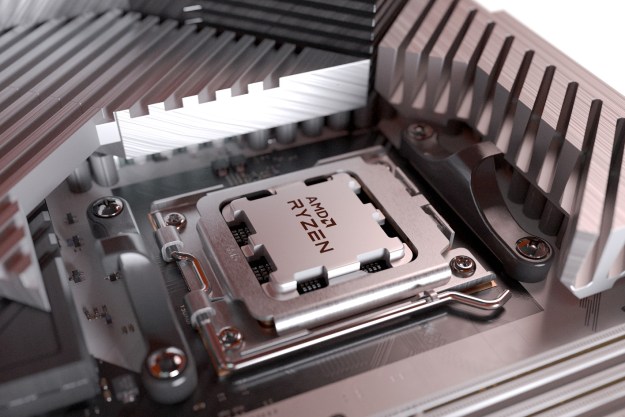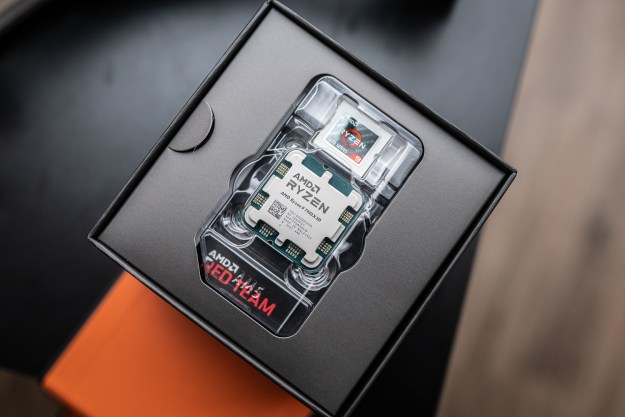With Intel Raptor Lake now on the horizon, the first benchmarks of the upcoming processors are starting to appear. Today, the mid-range Core i5-13600K was put to the test and compared to its successful Alder Lake predecessor, the Core i5-12600K.
The benchmarks returned … weird results. The Core i5-13600K blows its predecessor out of the water with an 80% improvement, but it also falls flat in another test with a 26% downgrade. What does this mean for the Raptor Lake lineup?

A known leaker, Enthusiastic Citizen (ECSM_Official) on Bilibili, was able to get their hands on an engineering sample of the Intel Core i5-13600K. This pre-production model is labeled as “ES3,” meaning it’s the third engineering sample (ES) of the Raptor Lake CPU. Enthusiastic Citizen simulated the processor to run at the same frequency as a qualification sample (QS) and then proceeded to run tests on CPU-Z and Cinebench R23.
In order to accurately simulate a QS model, the tester had to bring up the clock speeds a notch. The performance (P) cores were tuned to a frequency of 5.1GHz while the efficiency (E) cores were brought up to 4.0GHz. Although Intel has yet to release the official specifications of the Core i5-13600K, ECSM says that the CPU comes with six P-cores and eight E-cores, adding up to a total of 14 cores and 20 threads. This is an upgrade over the Intel Alder Lake offering with 10 cores and 16 threads.
As far as the benchmark results go, there is certainly a bit of a discrepancy here. In the CPU-Z benchmark, the Intel Core i5-13600K did a great job across the board, hitting 830 points in single-core and 10,031 points in multi-core versus the 768 and 5,590 points achieved by the Core i5-12600K. As noted by VideoCardz, this comes to an 8% upgrade in single-core and a massive 79% upgrade in multi-core operations. Of course, an improvement is to be expected, but the 79% gain almost seems too optimistic to be real.
The Cinebench R23 test is where things get even more confusing. The Core i5-13600K scored 1,387 points in single-core and 24,420 in multi-core tests. While the multi-core improvement is still here, albeit less massive (40% versus 79%), the single-core test was definitely a letdown, resulting in a 26% downgrade. The tester didn’t explain this massive discrepancy between the benchmarks.

Seeing as the benchmark results are all over the place, what does that mean for the Intel Core i5-13600K? Is it going to be a multi-tasking beast that falls flat on single-core tasks? It seems unlikely. It’s still early days and we’re dealing with engineering samples, so there’s no telling whether these test results are accurate. If they are, it means that Intel needs to go back and try to address that problem.
Such a weird discrepancy has no place going into mass production, so if it does keep showing up in further benchmarks, let’s hope that Intel gets it sorted out before the CPUs hit the shelves. The latest rumored release date for Intel Raptor Lake is in October, so time grows short.
Editors' Recommendations
- The only Intel CPU you should buy is over a year old
- Intel may have a monster new CPU coming soon
- I tested Intel’s Core i5-14600K against its cheaper sibling. Don’t waste your money
- Intel’s Raptor Lake refresh prices have leaked, and hikes are on the way
- Intel Meteor Lake is coming to desktop, but there’s a big catch




